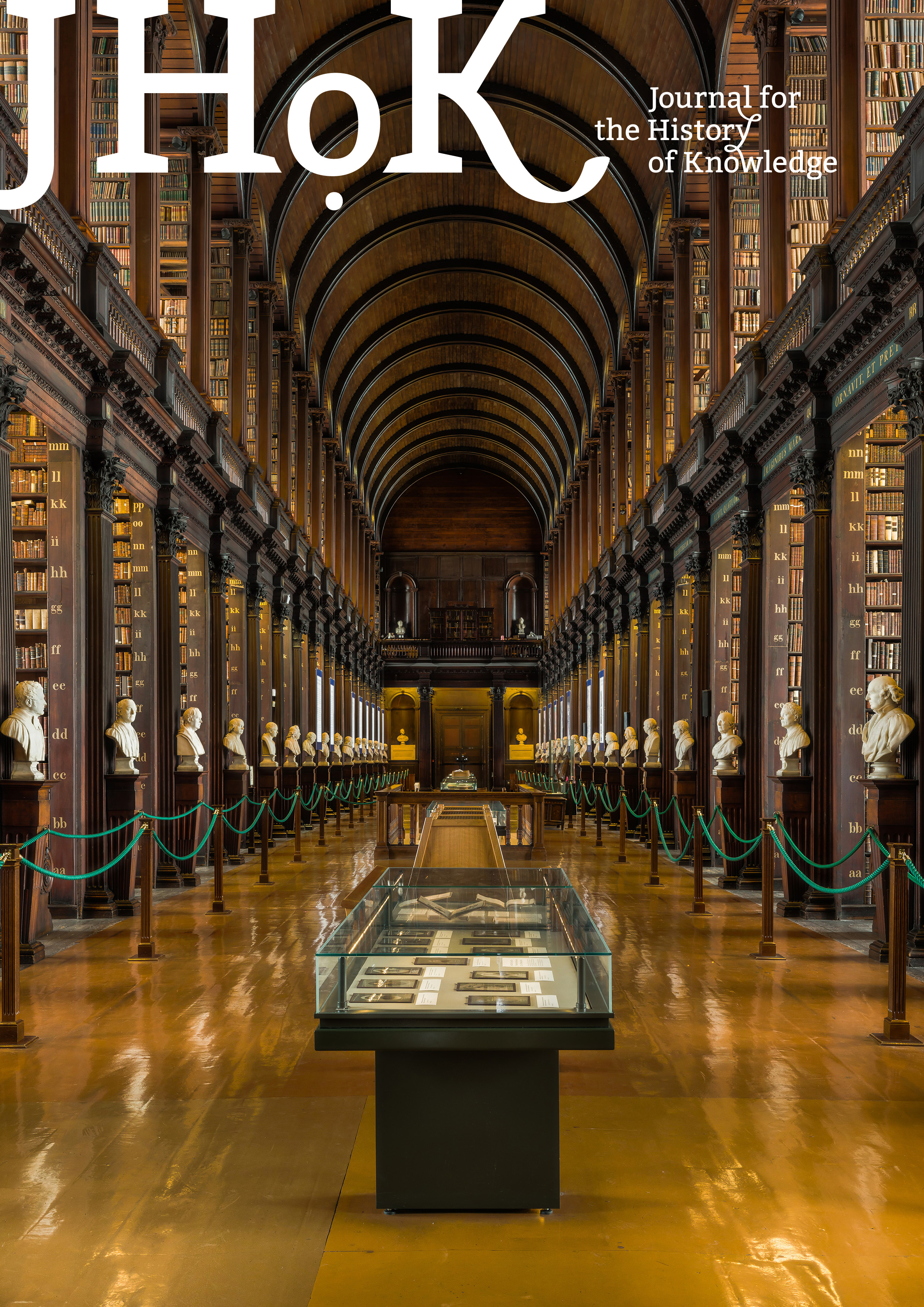Ignoring Racism in the History of the German Immigration Society
Some Reflections on Comparison as an Epistemic Practice
DOI:
https://doi.org/10.5334/jhk.43Keywords:
racial knowledge, ignorance, Germany, zero hour, racism, migrationAbstract
The entanglement of the history of racism with the history of migration in Germany has been ignored thus far in German historiography. Exploring the epistemological significance of ignorance in sustaining racial knowledge in democratic, pluralistic societies is a relatively new field of research; in the German case it is virtually absent. Taking seriously Linda Martín Alcoff’s dictum that ignoring racism is a substantial epistemic practice of sustaining it, it seems worth studying the hermeneutic means by which German historiography creates this blind spot. One of the central motifs in this context is the “zero hour,” according to which German migration history only commenced in the mid-1950s and had nothing to do with how Germans had treated migrants since the turn of the century, particularly those considered as “völkisch”1 undesirable Others. In this article, the methods of comparison and omission are discussed as key epistemic tools for writing the zero hour into German migration history. This narrative path is contrasted with microhistorical accounts that reveal the ongoing production of racial knowledge and ignorance and their entanglement, which formed the basis of a new “art of communicating” about Others after the Holocaust. Racial knowledge is known and ignored simultaneously, so that even a supposedly anti-racist society does not have to erase it as long as it is “dominantly” ignored. This particular relationship reflects the idea that knowledge and ignorance per se are an entangled continuum with a myriad of grey scales where ignorance contains knowledge and knowledge is upheld by ignorance.
This article is part of a special issue entitled “Histories of Ignorance,” edited by Lukas M. Verburgt and Peter Burke.



